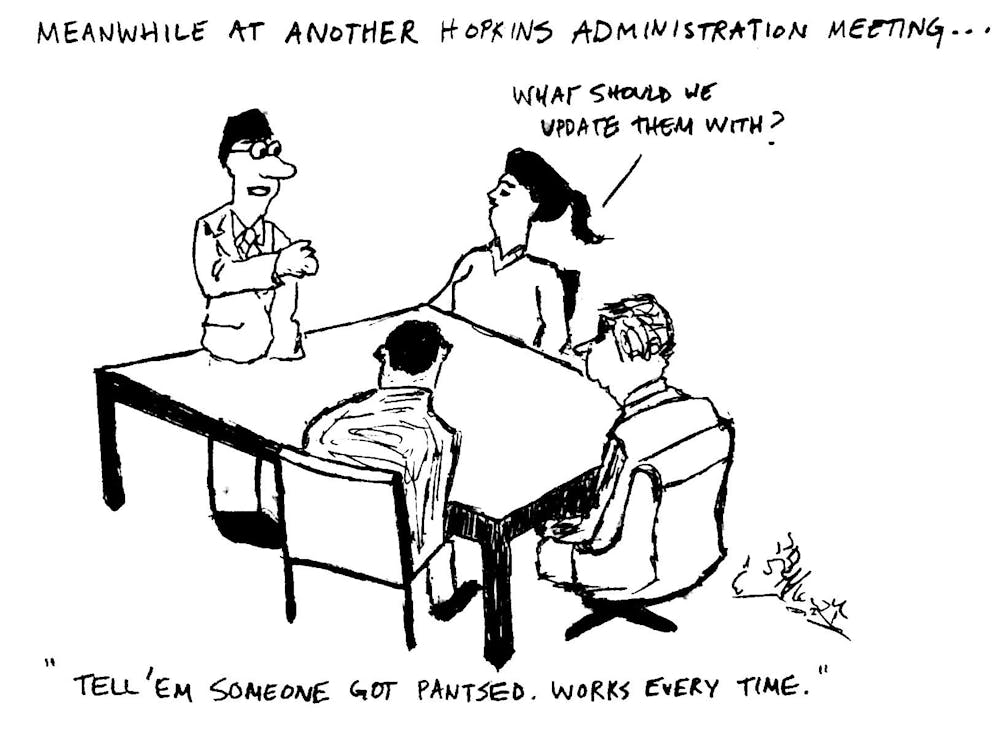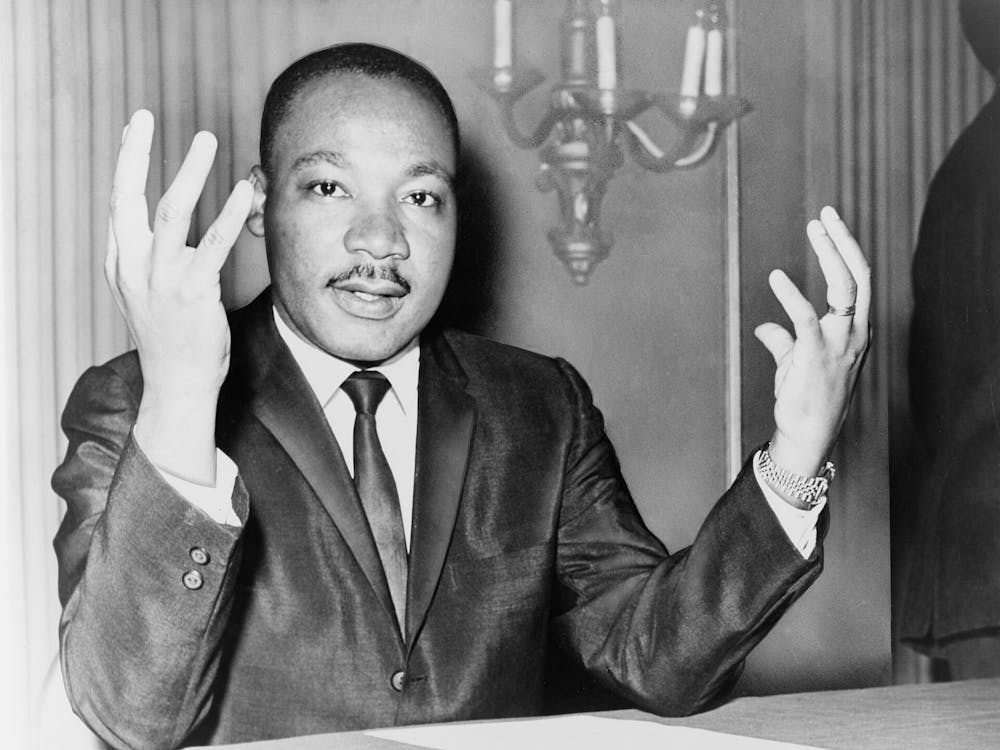Last week, the University issued a public safety advisory reporting an uptick in carjackings in the Northern Police District, which includes Homewood Campus. In the report, Campus Safety and Security advised students to be aware of their surroundings, and if they are the victim of a carjacking they should surrender any requested property and report the crime as soon as possible.
Fox Baltimore published an article about this warning last Thursday. The article invites readers to consider that the carjackings are a sign of crime increasing in Charles Village, suggesting a connection between this and the University’s decision to delay the implementation of the Johns Hopkins Police Department (JHPD).
Examining the Baltimore Police Department’s own city crime map, however, makes clear that the claim of an increase in carjacking is misleading. In the entire Northern Police District in the week leading up to the advisory there were three carjackings, two the week prior and three the week before that; this doesn’t seem to constitute an uptick.
The Coalition Against Policing by Hopkins (CAPH) claimed in a widely circulated Instagram post that there were no carjackings remotely near the Homewood Campus in the past month. In a later comment, the group clarified that this was not completely accurate.
“The addition of another incident does not negate or refute our fundamental point,” CAPH writes. “The campus nor... its surrounding neighborhoods are not being suddenly inundated with instances of violent crime.”
Misleading descriptions and over-reporting of crime fosters unfounded fear among students and their family members. Many already have inaccurate and negative perceptions of Baltimore, and irrational fear could not only discourage students from venturing outside the Hopkins bubble but also further damage our relationship with the city.
Hopkins is pushing the narrative of an unsafe campus, seemingly to suggest the need for the JHPD. Given that the University spent over $500,000 on lobbying for the private police force during the 2019 legislative session, we wouldn’t be surprised.
Amid nationwide protests against police brutality, Hopkins decided to merely postpone the JHPD for at least two years, announcing that it would pursue alternative ways of reducing crime. The University would have canceled the police force altogether if it truly cared about public safety; nevertheless, the University launched the Innovation Fund for Community Safety last month.
This initiative will invest $6 million over four years in local programs to curb violence and improve public safety. Yet contributing to the development of misperceptions of crime undermines the University’s own efforts to promote alternatives to policing.
The Community Safety and Strengthening Act, which allowed Hopkins to create a private police force, also required that the University allocate funds to various community initiatives. Hopefully, while the efforts to create the JHPD are postponed, Hopkins is still planning to invest $100,000 in the East Baltimore Historical Library, as the bill specified.
It would have cost more than $6 million over four years to create a police force; we’re left wondering, was this money reallocated to the Innovation Fund? By failing to meaningfully commit to non-policing public safety solutions and by exaggerating crime rates, Hopkins is not truly listening to what its community needs or is saying.
Misrepresenting crime and safety around campus is a rhetorical tool. If students feel less safe, the University will have an easier time convincing them of the value of a private police force in two years.
If Hopkins truly wants to improve the community, instead of misconstruing evidence in favor of the JHPD, it should start properly and accurately representing the community.





